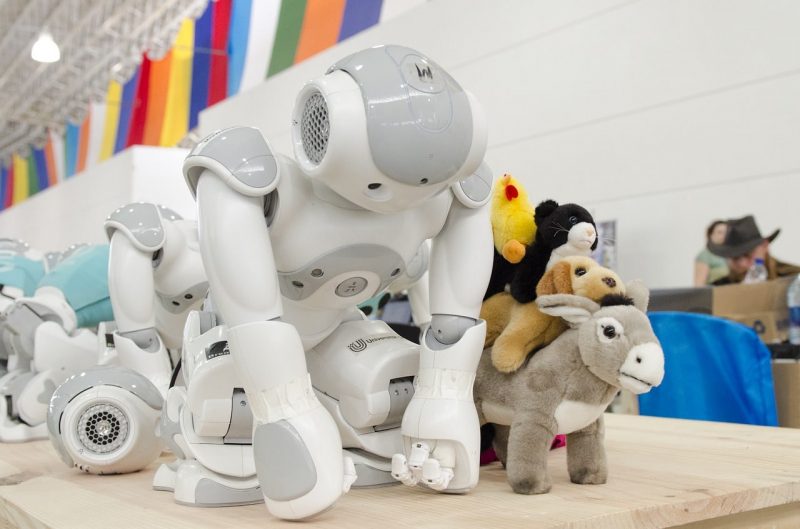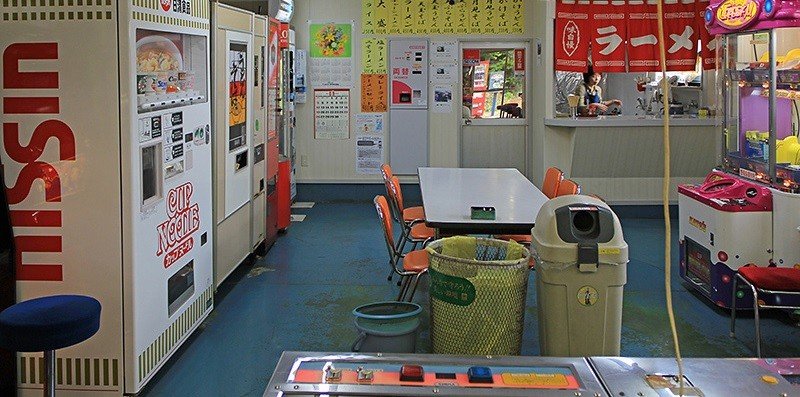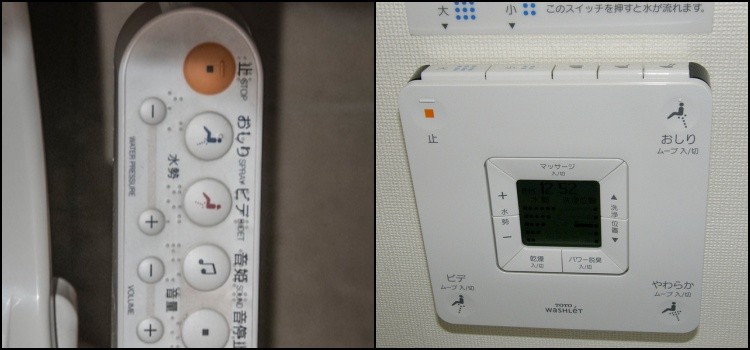It is impossible not to relate technology to the Japanese. Just as samba represents Brazil around the world, electronics represent Japan. However, it was not always like this and some events were responsible for guaranteeing this title.
Japan is the Asian country that invests the most in technology and also the most technological in the world. There you can find the most diverse prominent industries such as automobiles, electronics and robotics. This last branch has already made the country the winner of several Nobel prizes in the area of science.
Today Japan is the country with the largest number of technology-oriented companies and where the largest companies in the field are based. Japan's technology market is one of the most sought after in the world and Japanese products are already widely distributed around the world. We will present below some facts that can justify this technological relationship.
Table of Content
Japan and technology: how did this relationship start?
As we mentioned earlier, Japan is one of the most industrialized countries on the planet, showcasing the most advanced techniques and technologies. The industrialization process began there a long time ago, during the so-called Meiji Era (1868-1912) which ended the feudal economy in the country and weakened family-owned businesses known as zaibatsus.

These, however, made a strong comeback after World War II, when Japan's economy began to recover from the effects of the conflict. Subsequently, the zaibatusus gave rise to companies such as Mitsubishi, Mitsui, and Sumitomo.
Sony was also founded there in 1946 and quickly advanced in the field of electronics. The invention of the pocket transistor radio put the company on the frontier of electronic development, both in Japan and around the world. The companies' international success came from continued miniaturization and falling manufacturing costs.
From the second half of the 20th century onwards, Japan underwent rapid urban-industrial growth, modernizing its activities and even leading innovations in the productive field, such as the implementation of the Toyotist model of production. The country experienced remarkable economic growth and became the second largest economy on the planet, recently being overtaken by China.
Investment in science remains a priority for the Japanese
Despite some economic problems, Japan is striving to continue investing in research in the field of technology. The goal is to make investments in supercomputers and build a modern space telescope. To achieve this, the Japanese government intends to increase 21% in the budget for science and technology. If the measure is approved by the Ministry of Finance, the country will have nearly R$ 44 billion (according to the current exchange rate) to invest in research. In Brazil, the investment in this area does not exceed R$ 4.5 billion.
This is the big difference in the country, the effort to maintain the economic matrix is great. More on the part of the government than the population. In fact, the japoneses are simpler than they appear. Producing technology there is not synonymous with using technology. However, some products are truly essential for the routine of the japoneses and not so much here.
Indispensable technologies for Japanese
Although globalization and the internet allow the spread of technologies around the globe more quickly, the difference between countries makes some electronics more common in some places. There are some technologies that are very common there in Japan, but they are still not widely used or have not even arrived in Brazil.
Below you can see some examples:
Automatic car
In Japan, the task of driving is much less traumatic for car-averse people, for two main reasons:
- a. the standard is to have automatic transmission and rearview camera for parking
- b. Japanese drivers are more patient and drive more slowly, but with greater agility;

In addition to most cars being new and of good quality (many brands are Japanese, such as Toyota, Nissan, Honda) and with automatic transmission, passing the Japanese driver's exam is extremely complicated and expensive. Therefore, only those who are really qualified are on the streets.
restaurant without a waiter
How about choosing your dish directly from a machine, without the need for waiters? A percentage of restaurants, especially fast-food restaurants, order and pay directly at a vending machine. Then, just sit and wait for the food to arrive in a cart that looks like a toy bullet train.

smart watches
The well-known smart watches are starting to be successful here in Brazil, but in Japan they are already young people's best friends. The smartwatch makes life easier for those who love their smartphones, but don't really like having to carry them all the time.

Here in Brazil the device is not new, but it has not gained so much popularity. In Japan however, smartwatches were even banned at Kyoto University. The educational institution issued a statement warning its students that it will not be possible to take exams wearing wristwatches, whether they are smart or not. After all, devices can provide an undue advantage to their users while taking an exam.
smart private
Japan's toilets are absolutely different. You've probably read something about them. Although unusual, there are some unique and often useful features, such as:
– Seat heater: almost all residential toilets have toilet heating, used mainly in winter.

– Deodorizer: the toilets have a system that releases a pleasant scent, so we don't need to use sprays to keep the bathroom smelling clean.
– Sound that mimics toilet noises: in public restrooms, Japanese women feel embarrassed by the sound of urination, and therefore, they would flush the toilet at the same time they urinated. As a result, a Japanese company created a sound that simulates the toilet flush, which is activated at the same time the person sits on the toilet.
